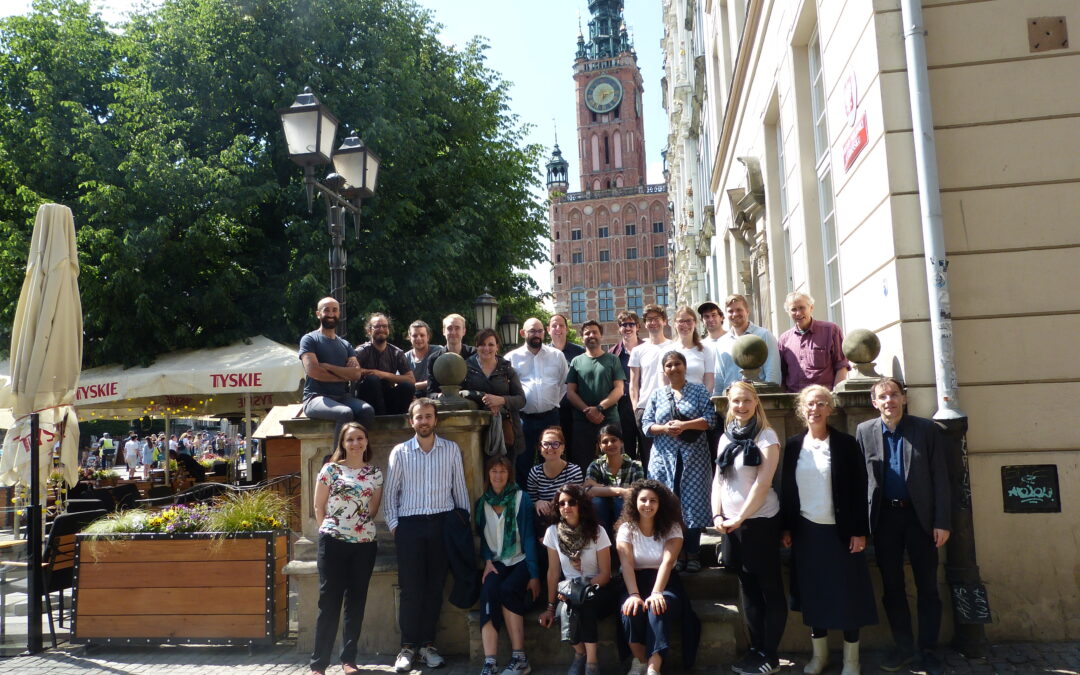
LOCALISED partners met in Gdansk: maximizing the power of collaboration and efficiency
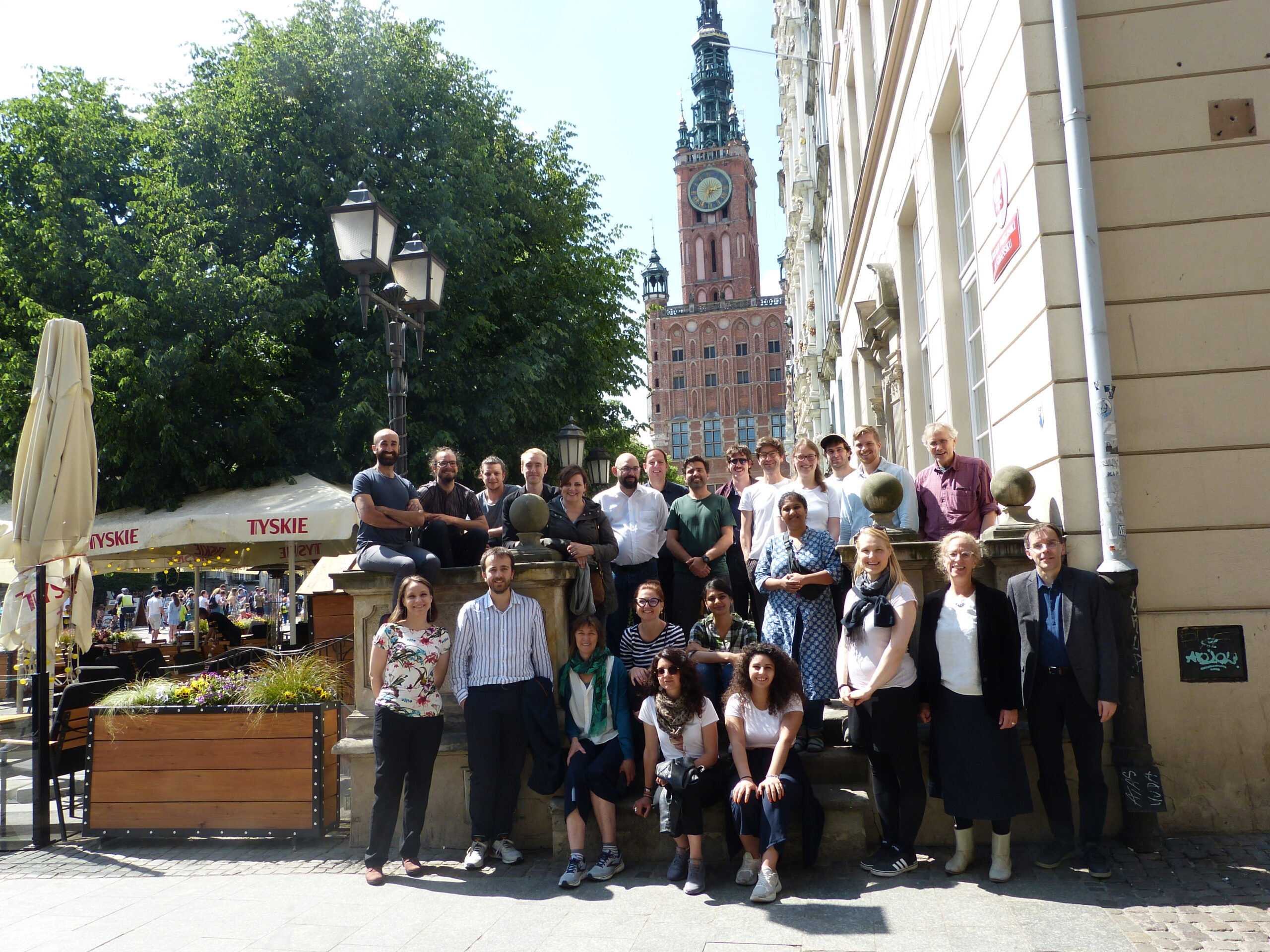
On the 15th and 16th of June, the LOCALISED consortium met in Gdansk for a project partner meeting to present on-going activities, discuss features and the co-design process for the Decarbonisation Profiler and Net-Zero business consultant tools and chart the course for the future of the project.
The primary objective of the meeting was to ensure all LOCALISED partners were on the same page regarding the project’s progress and to determine the next crucial steps. Each partner presented updates on their respective Work Packages and tasks, offering insights into achievements thus far and sharing plans for future actions. The meeting served to establish upcoming milestones and identify strategies for effectively developing the LOCALISED tools and engaging stakeholders. Discussions took place in particular on quantifying the impacts of climate mitigation and adaptation measures and instruments on social equity and fairness and how to include it in the planned tools. Another focus was on collecting project findings so far and how to make them known to the project audiences, e.g. the scientific community and political actors at different levels. Indeed, some bilateral groups facilitated an exchange of knowledge and experiences, enabling the different partners to capitalize on collective expertise.
While the meeting was an occasion for intense discussions and planning, it also provided an opportunity for LOCALISED members to forge connections and strengthen cooperation. In addition to the productive sessions, the partners indulged in city sightseeing of Gdansk. These moments of leisure, culminating in a delightful dinner, created a relaxed and interactive environment where participants could interact on a personal level.
The meeting was made possible thanks to the LOCALISED partners Metropolitan Area Gdańsk-Gdynia-Sopot and the Institute of Fluid-flow Machinery of the Polish Academy of Science.

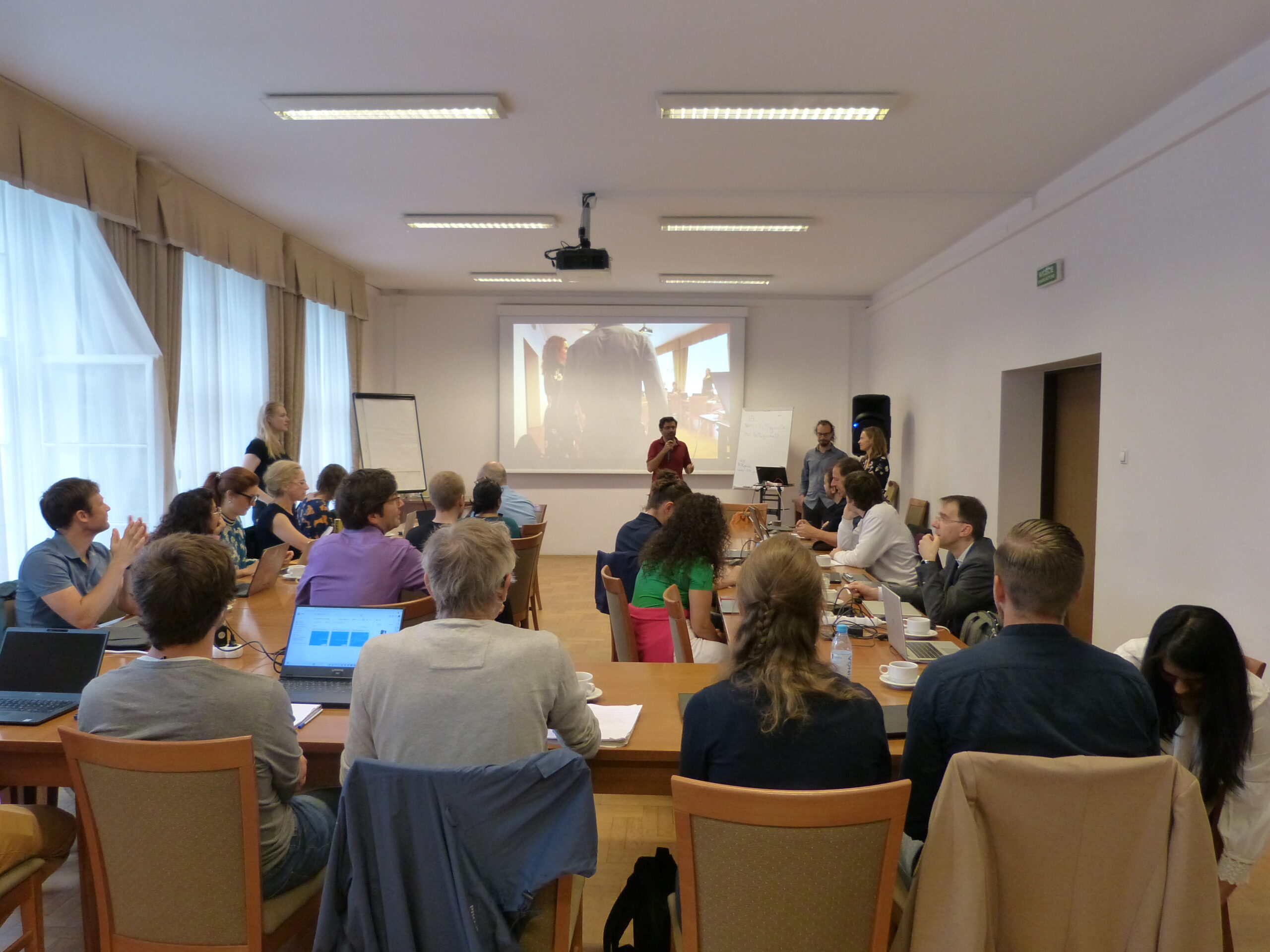
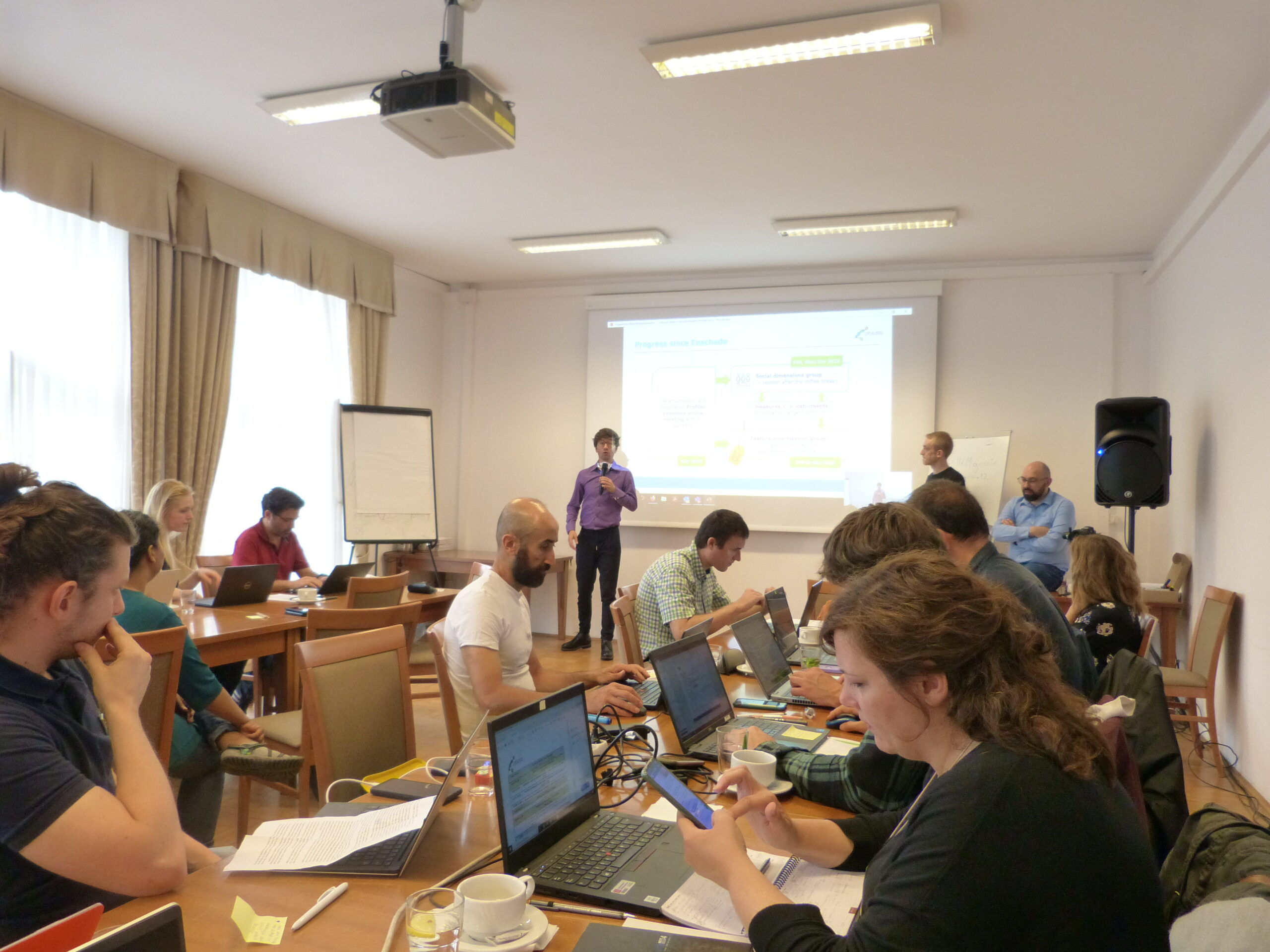
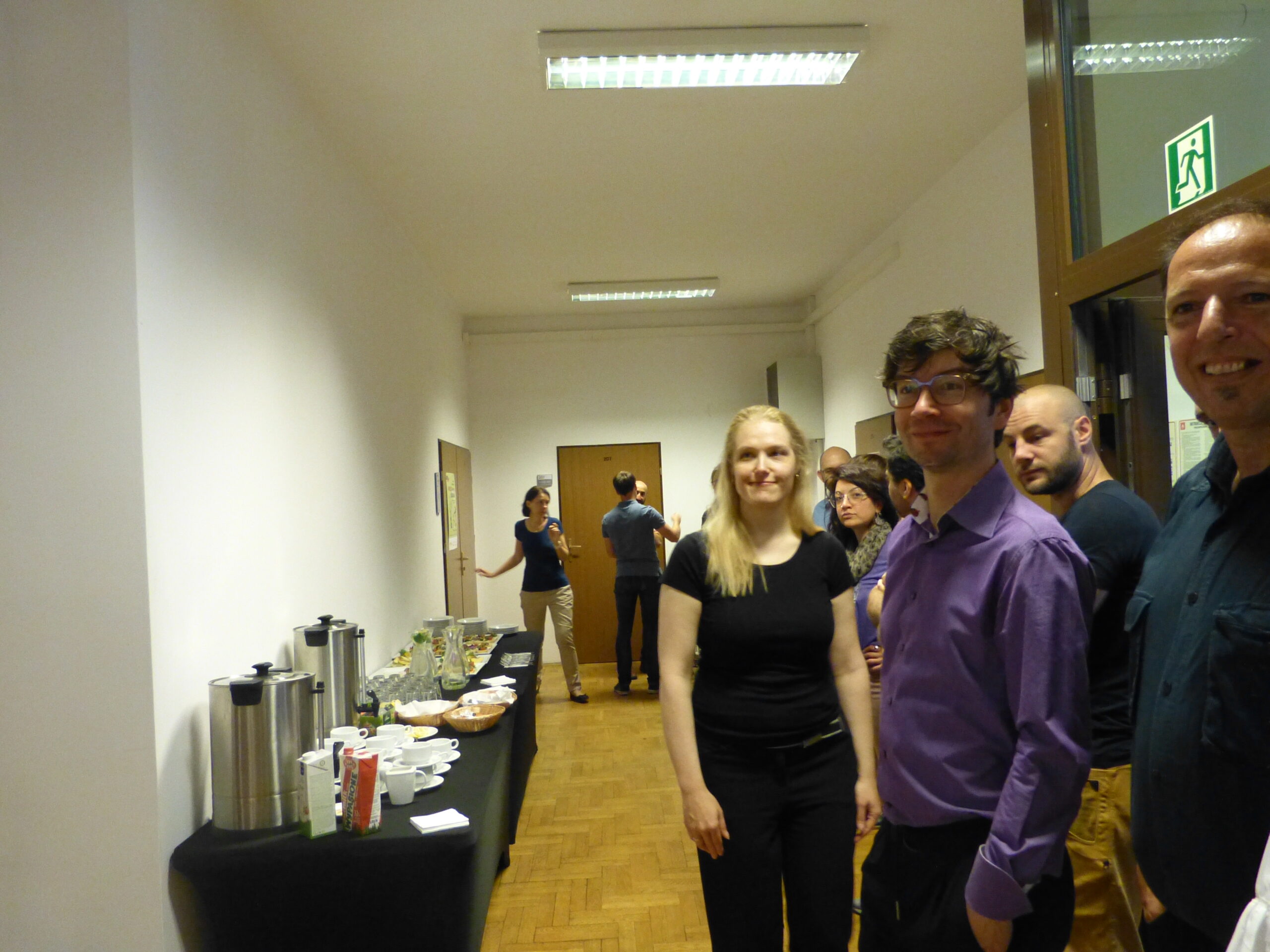
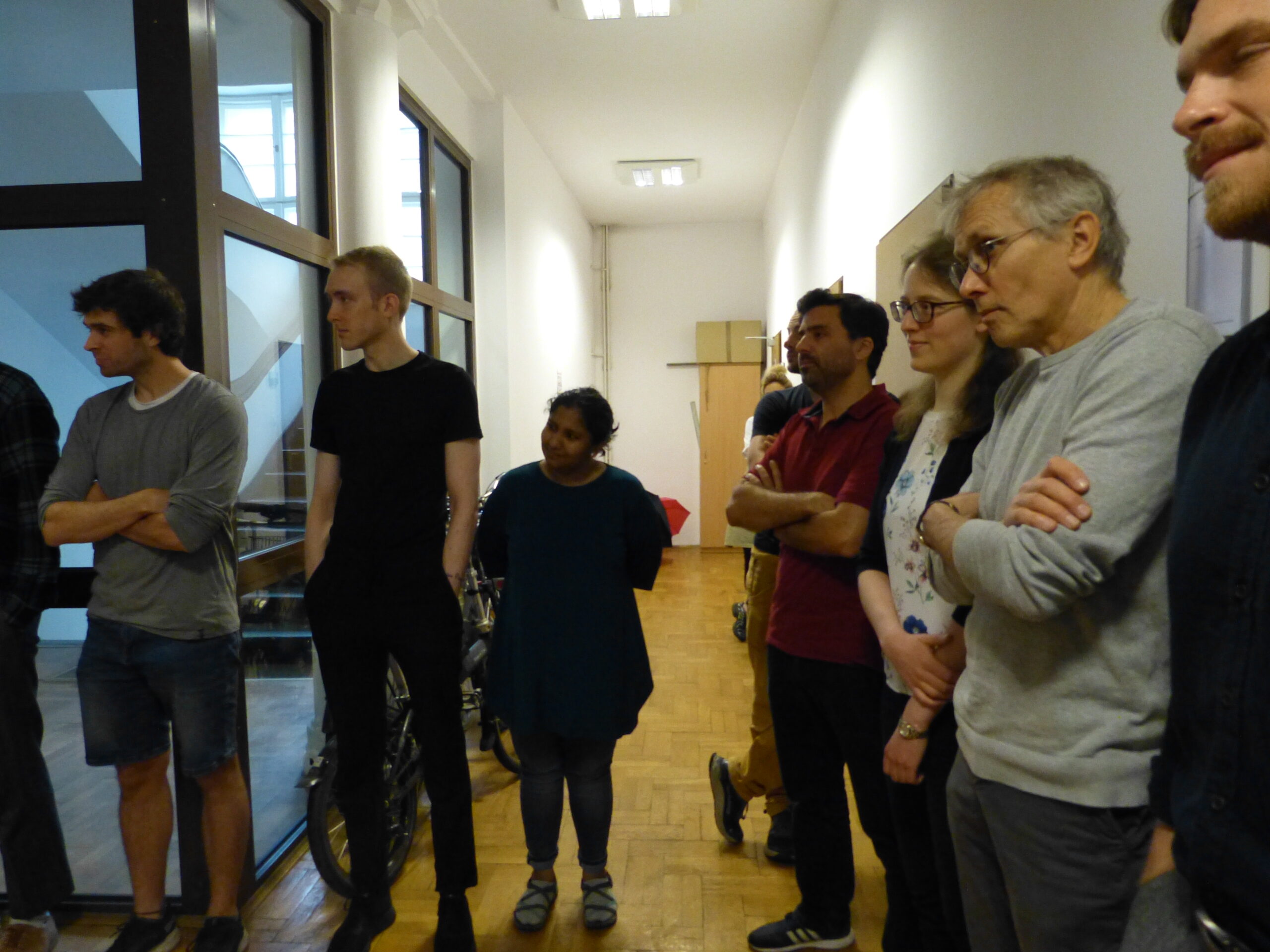
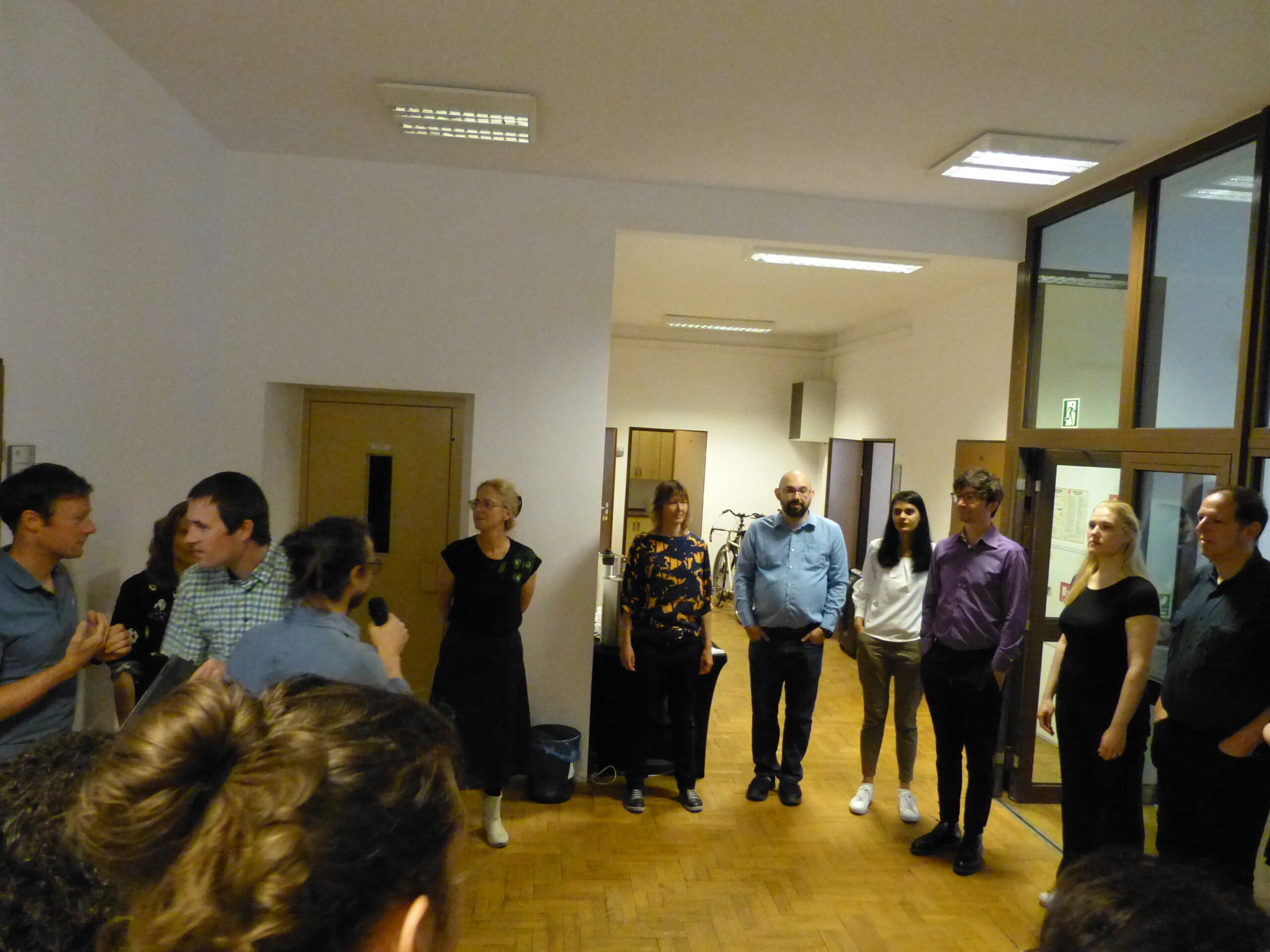
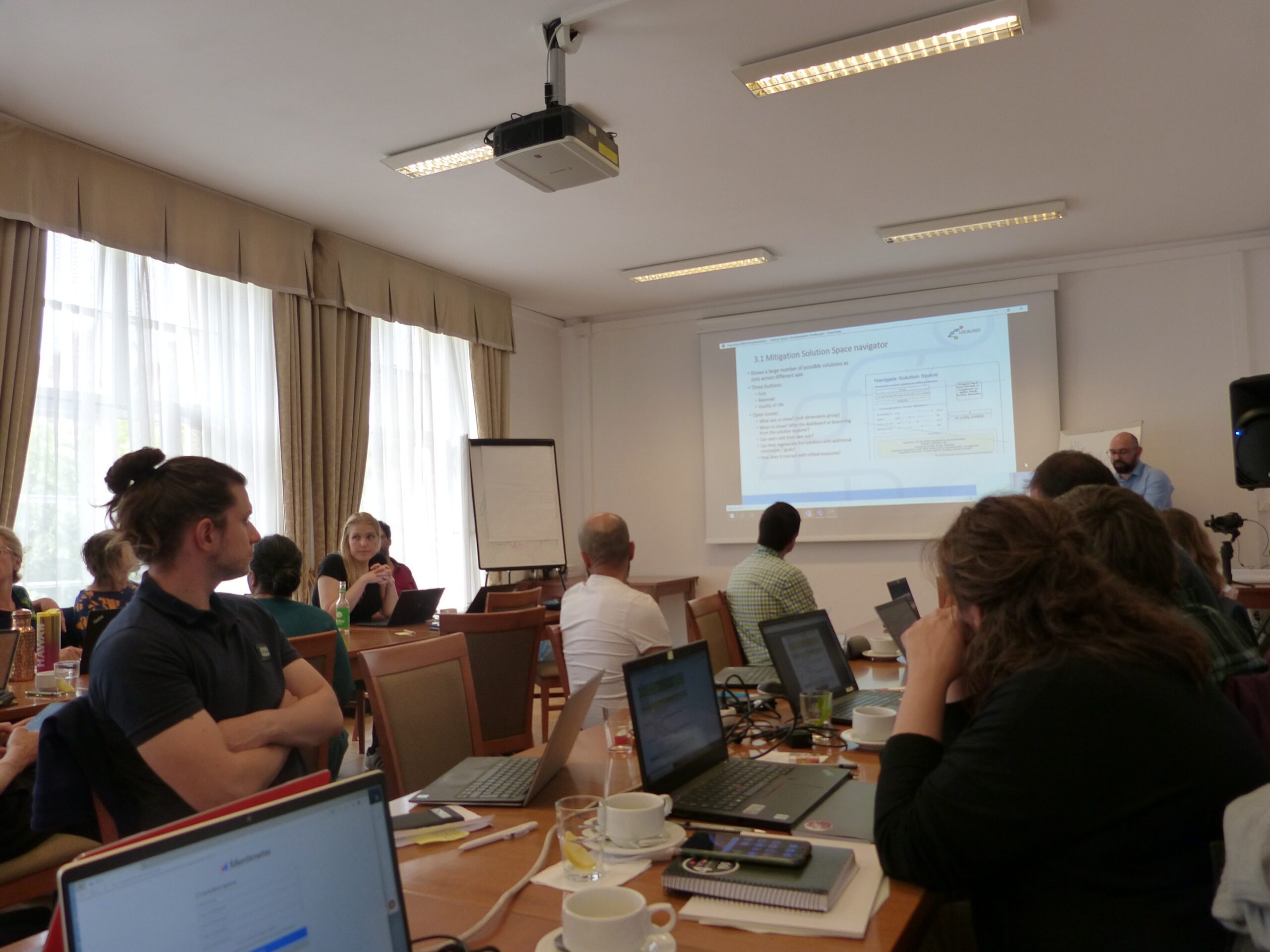
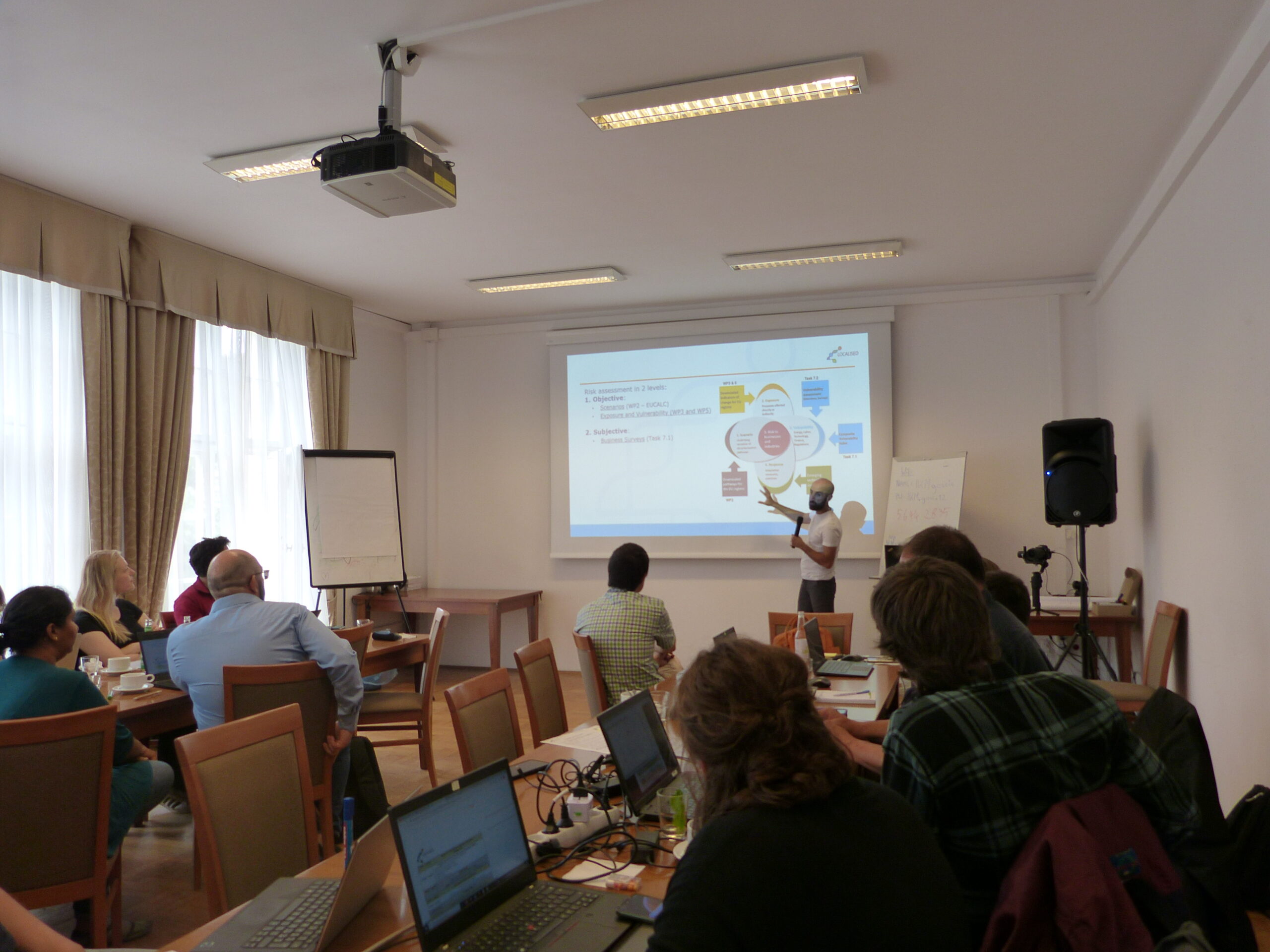
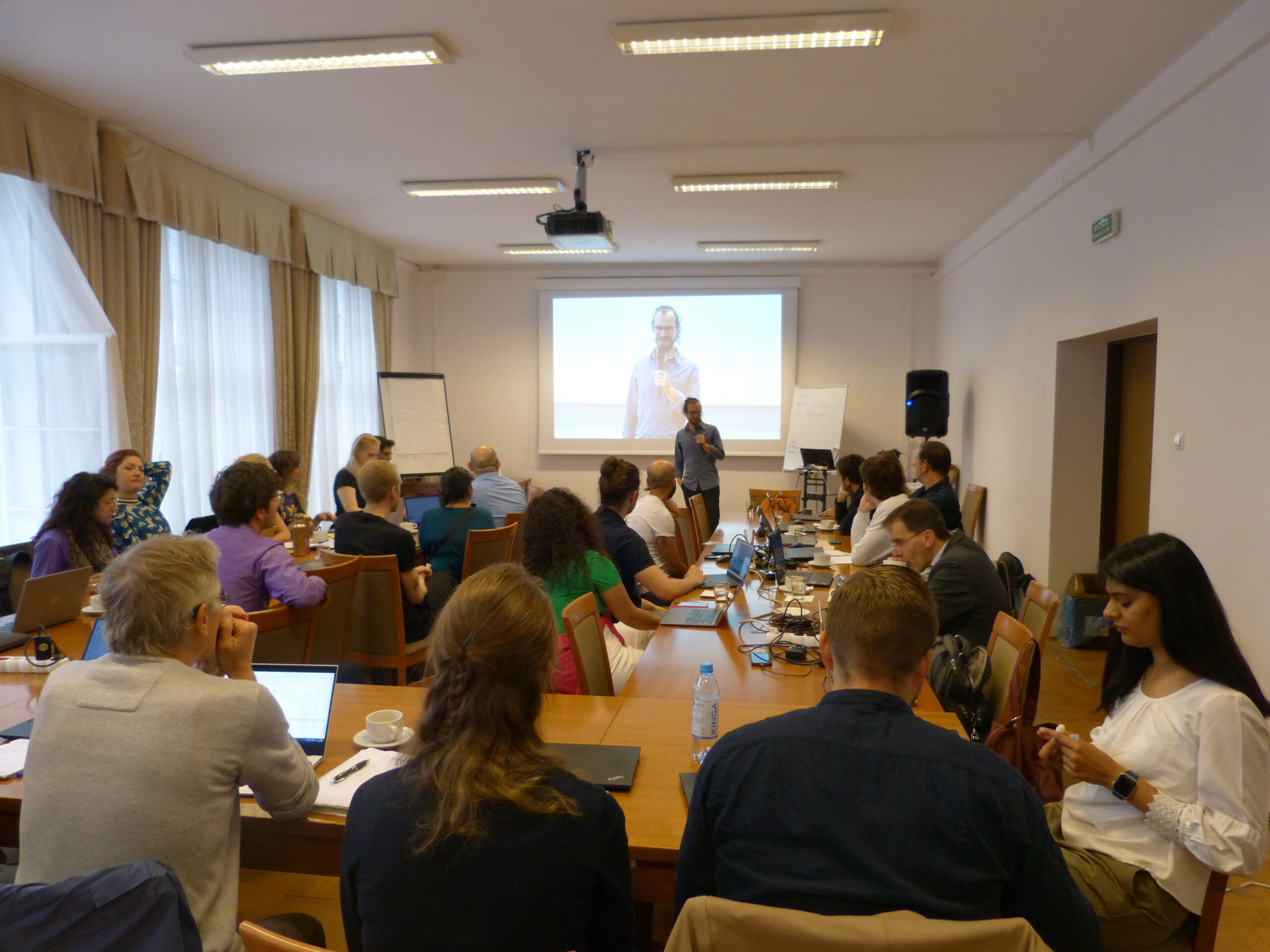
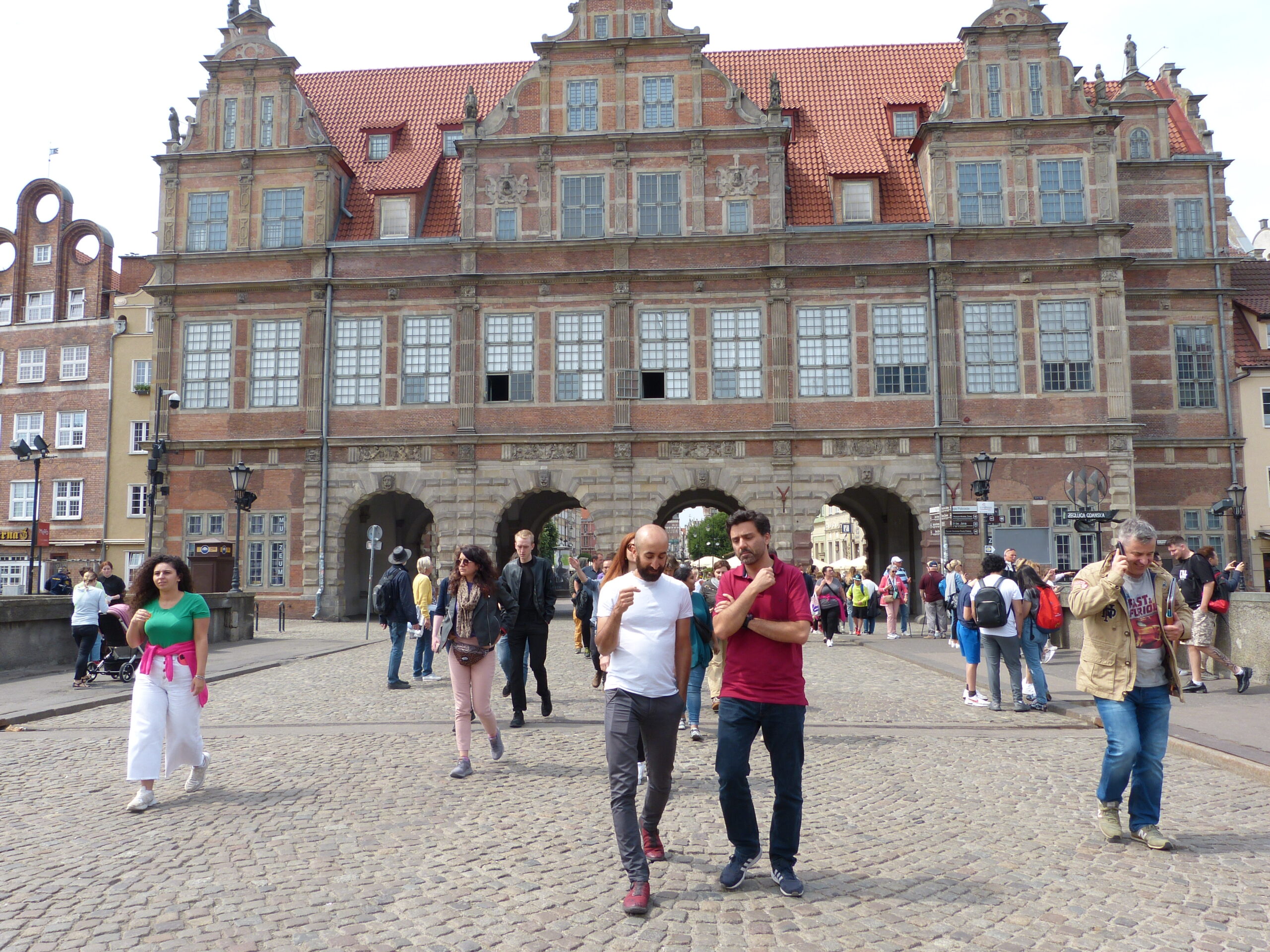

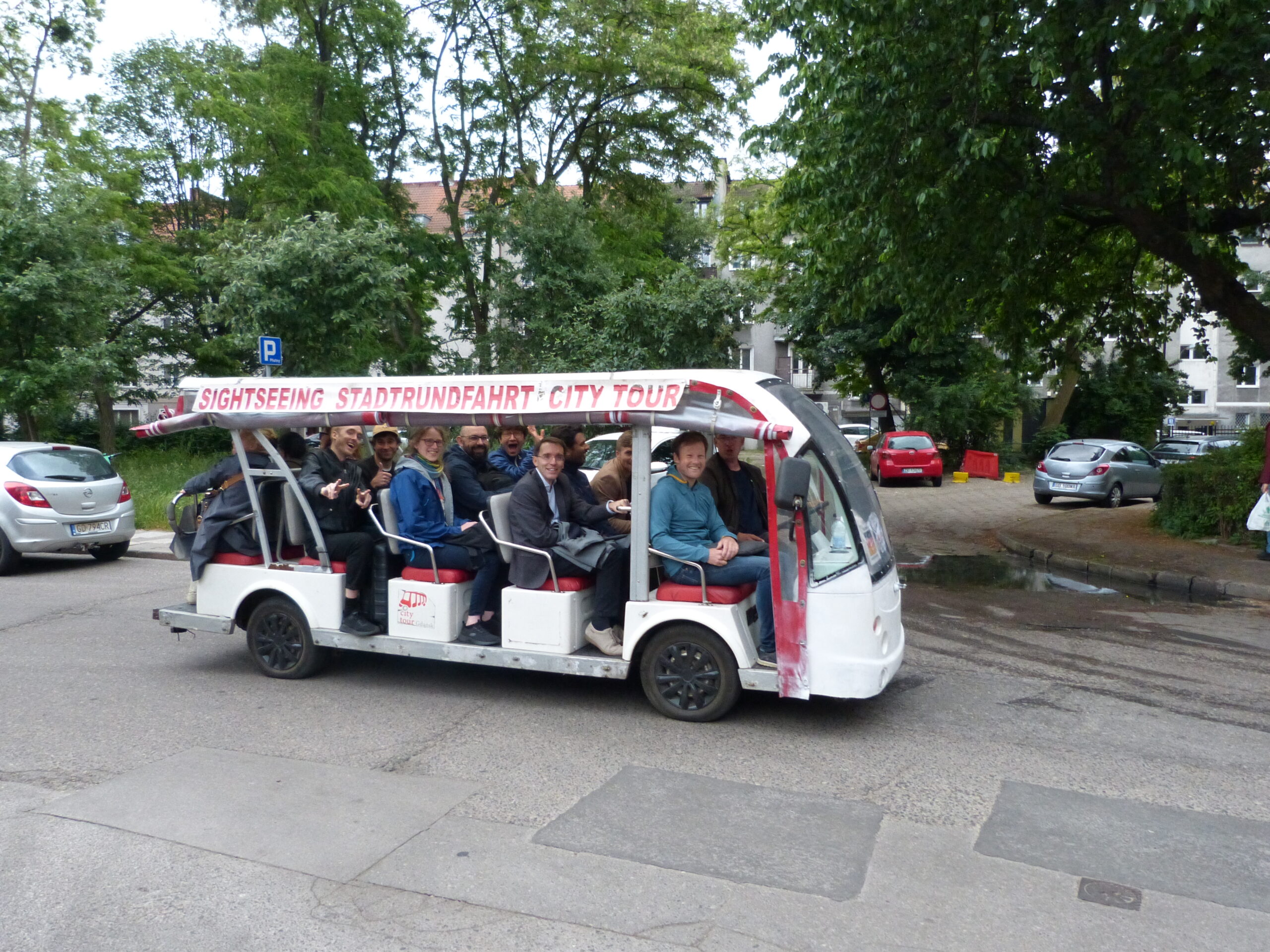
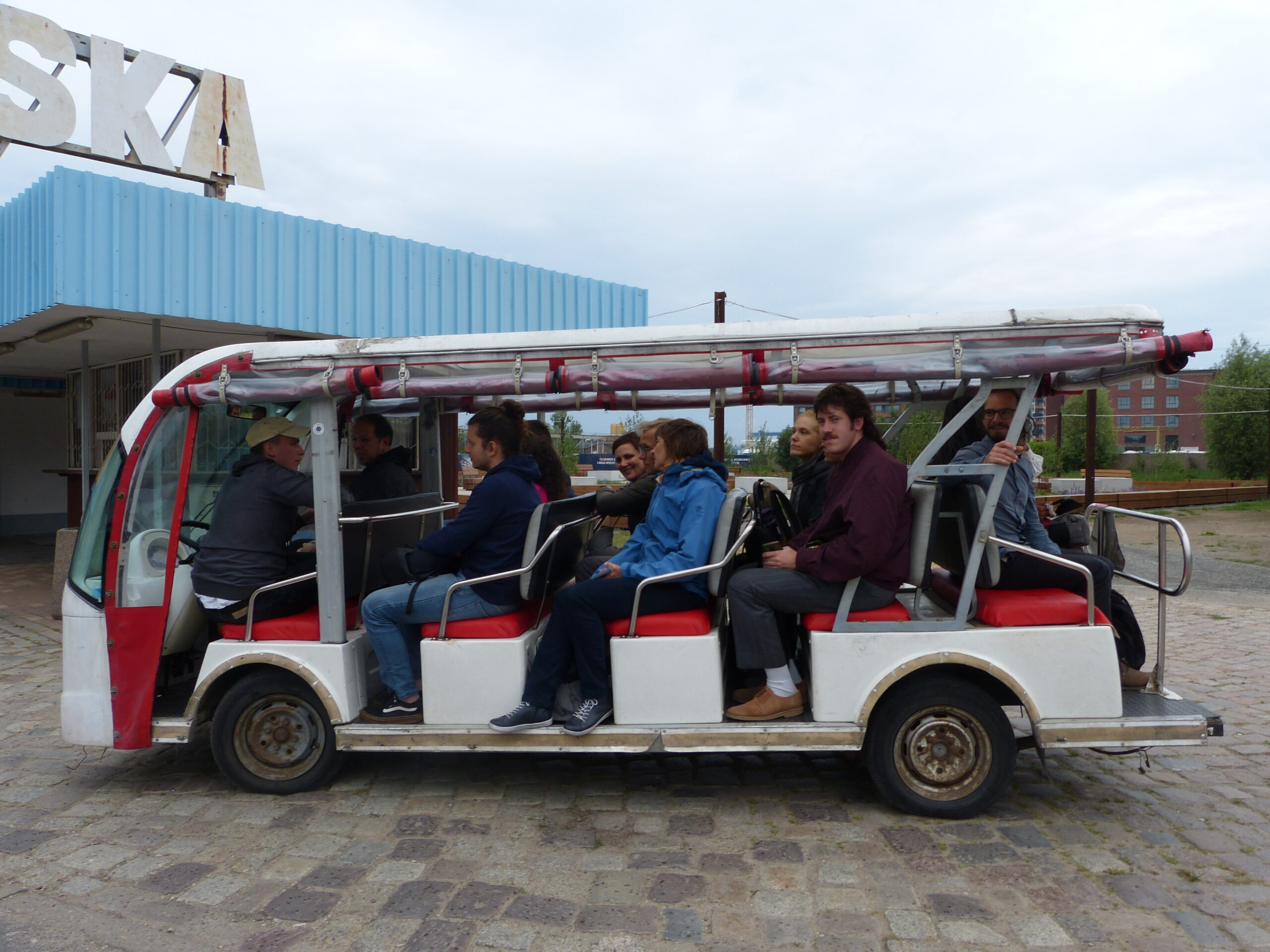
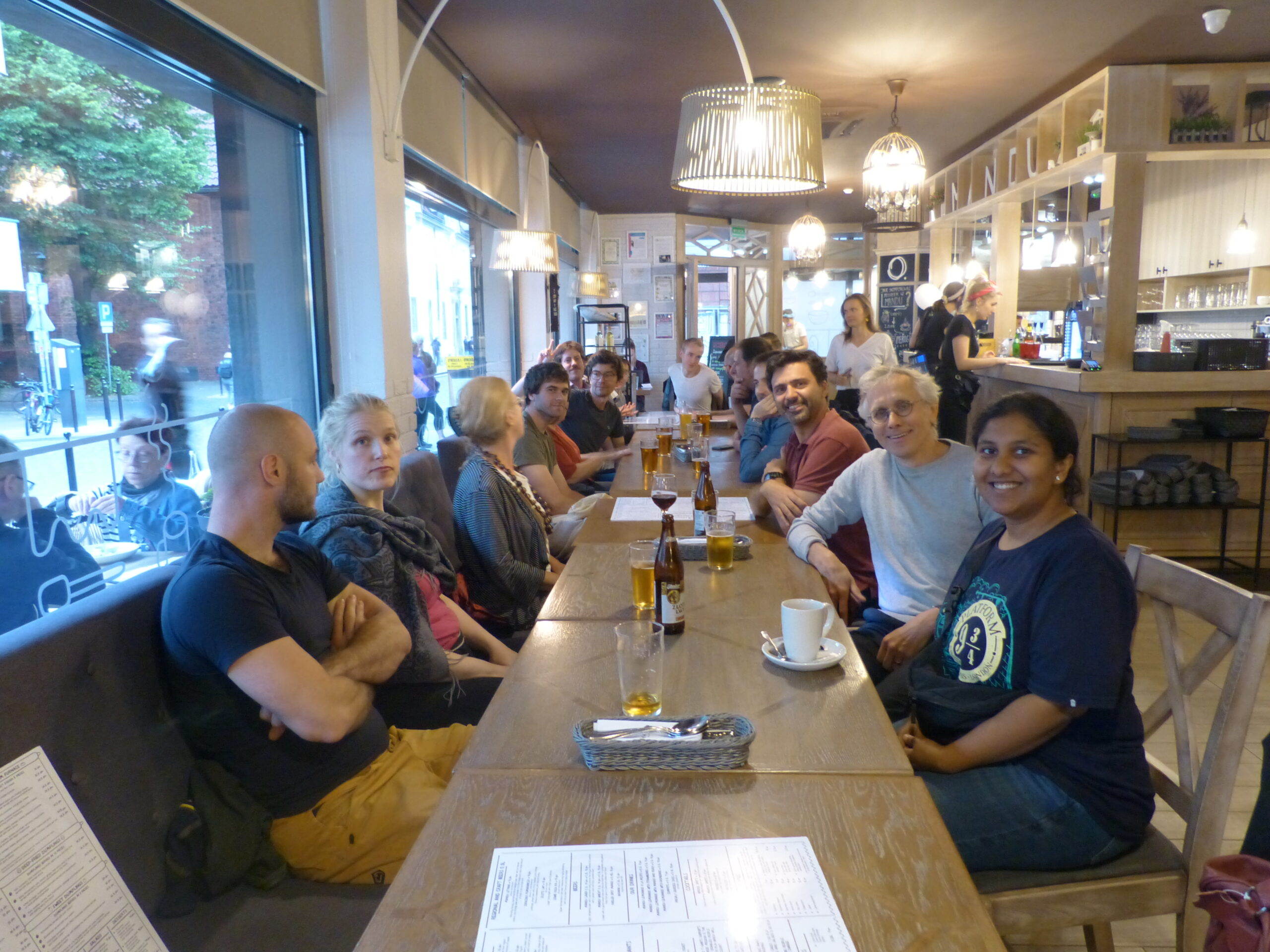
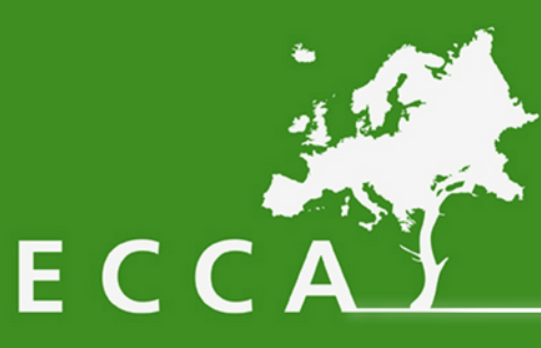
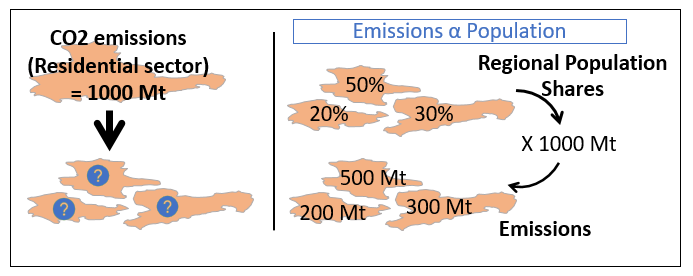
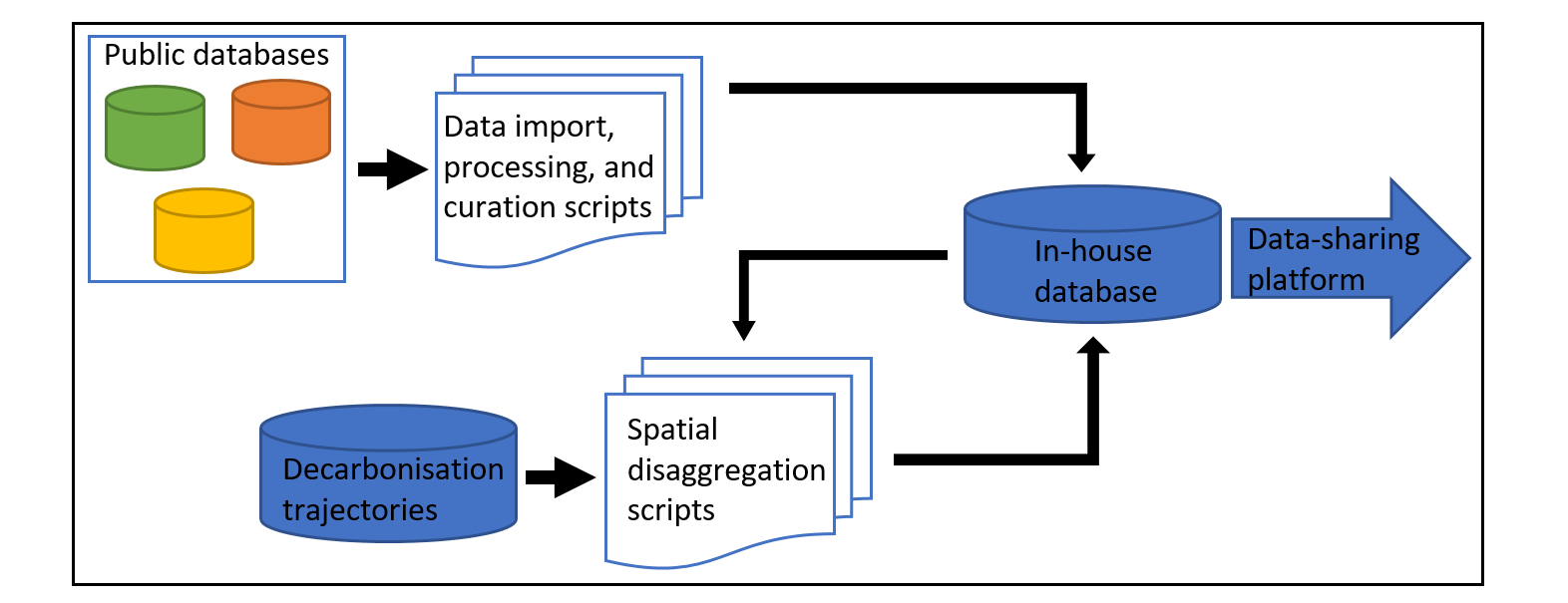

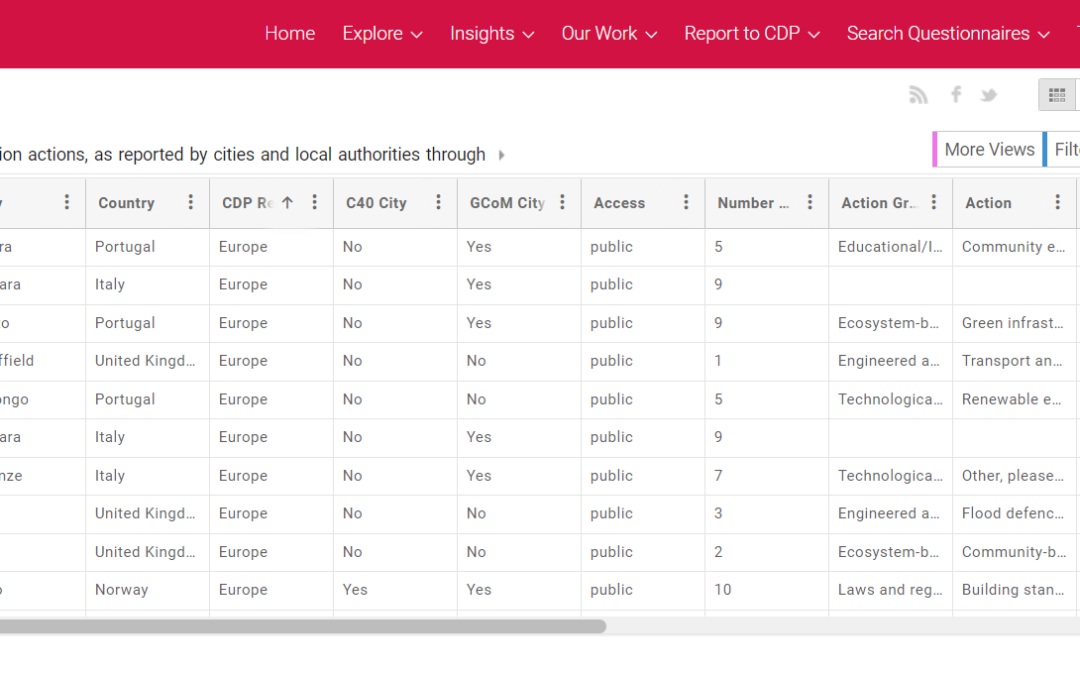
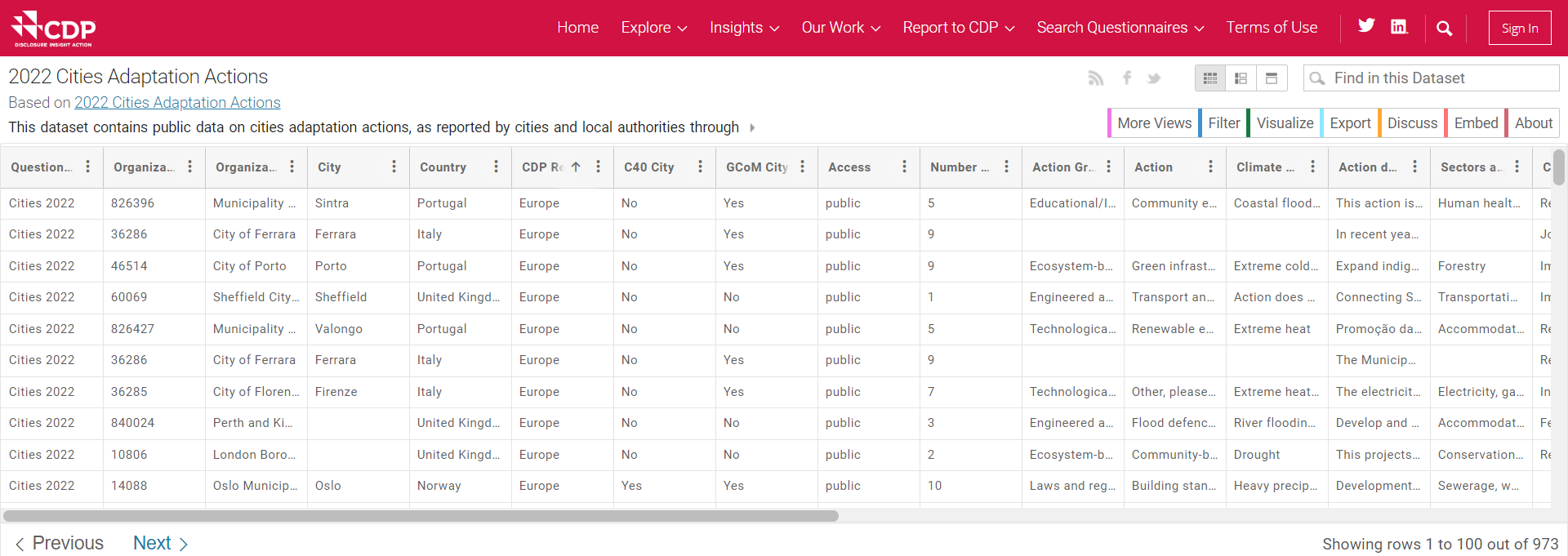

Recent Comments